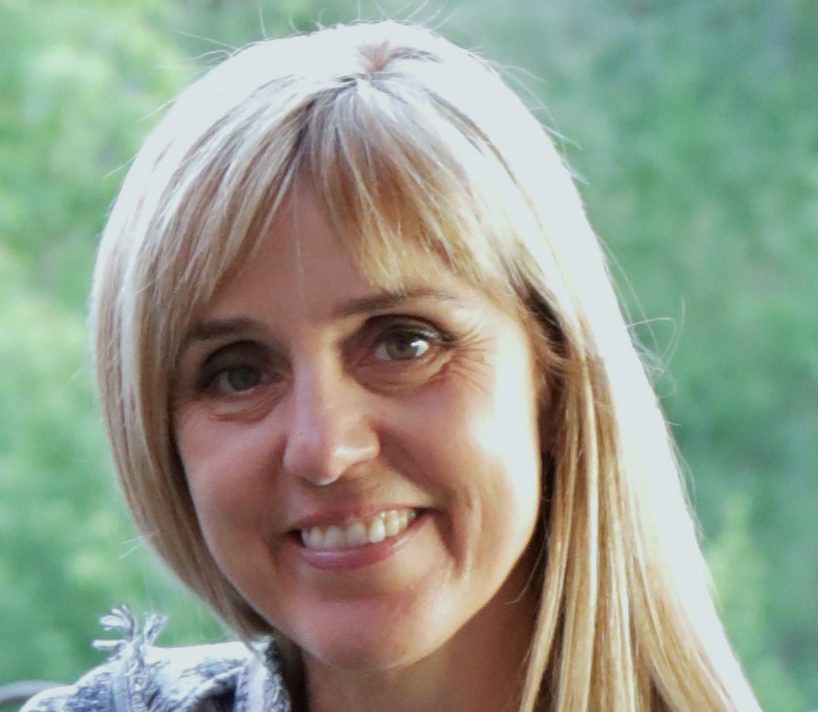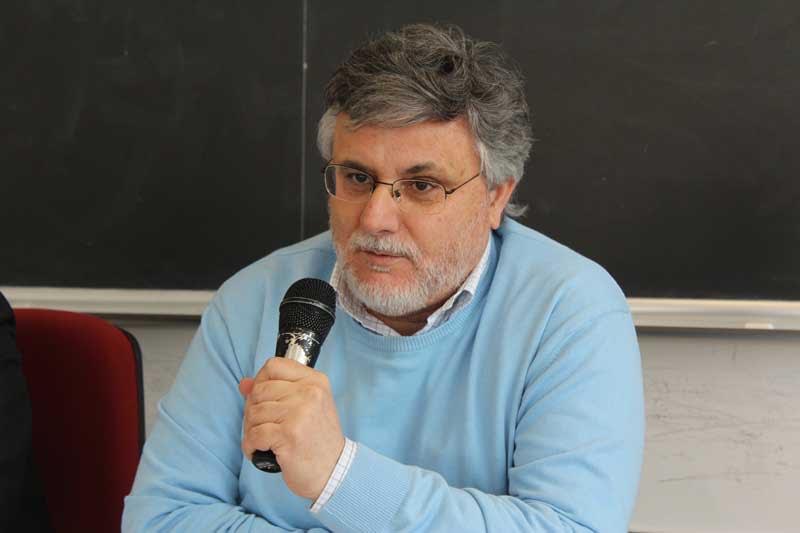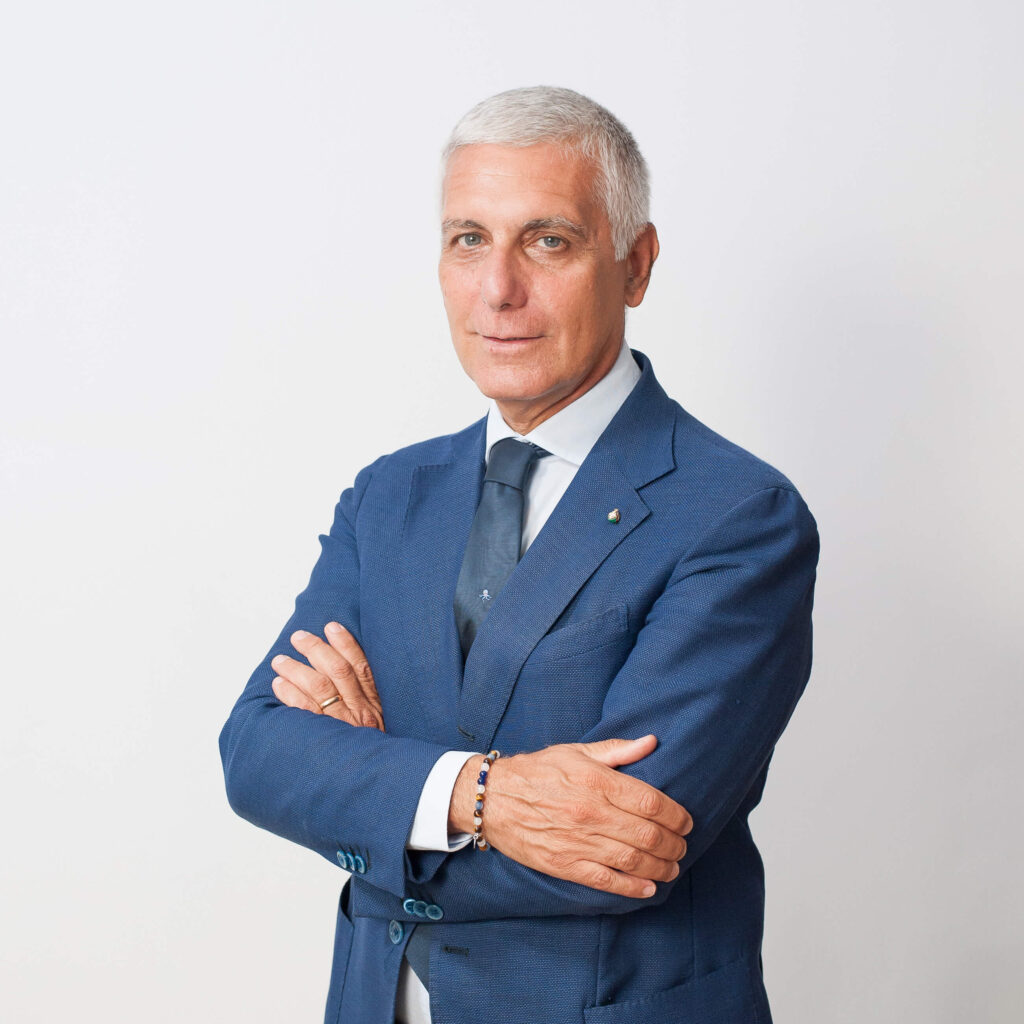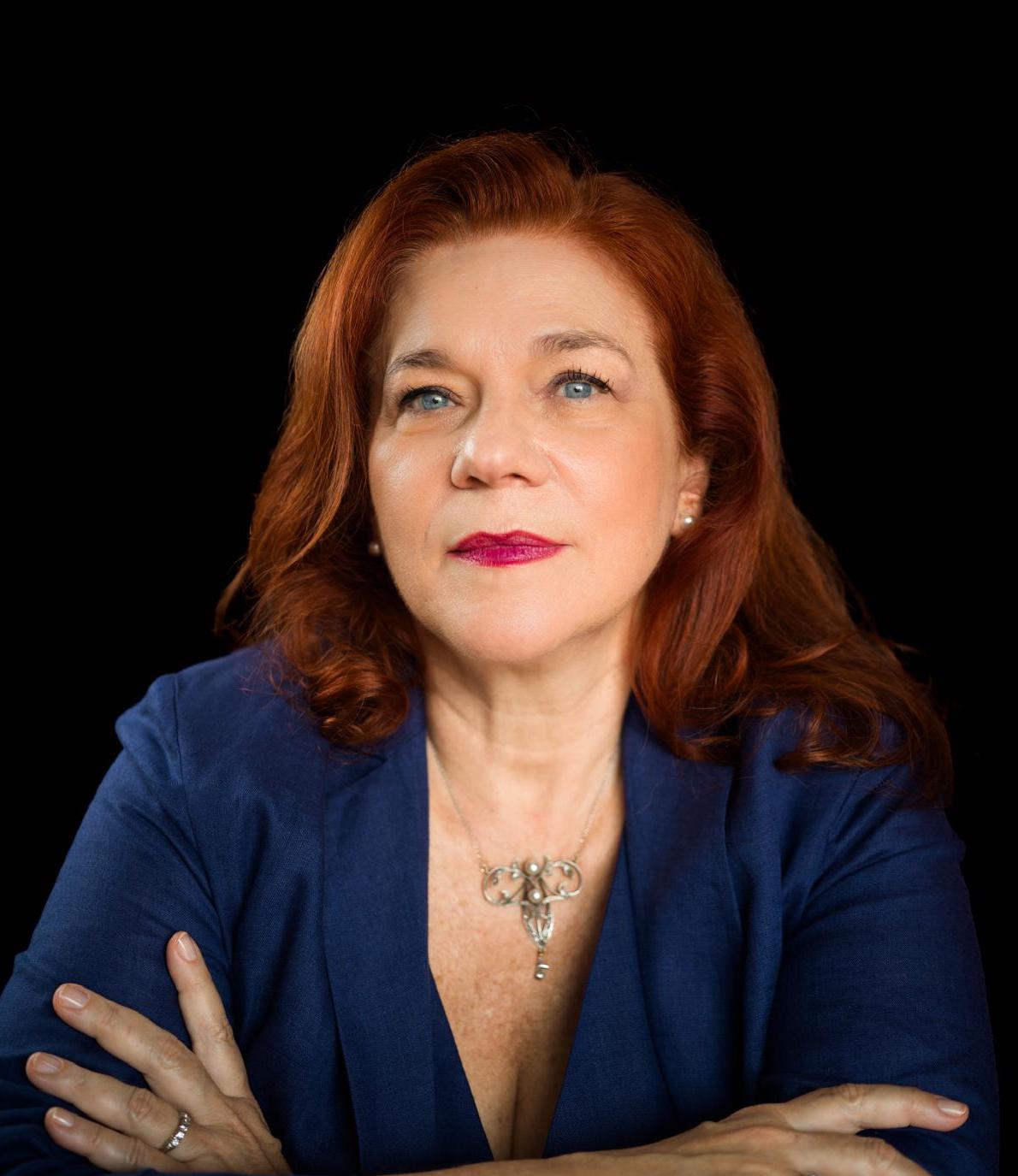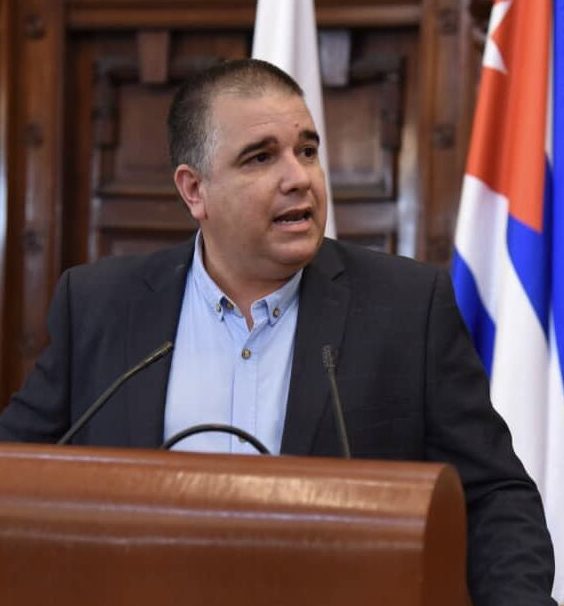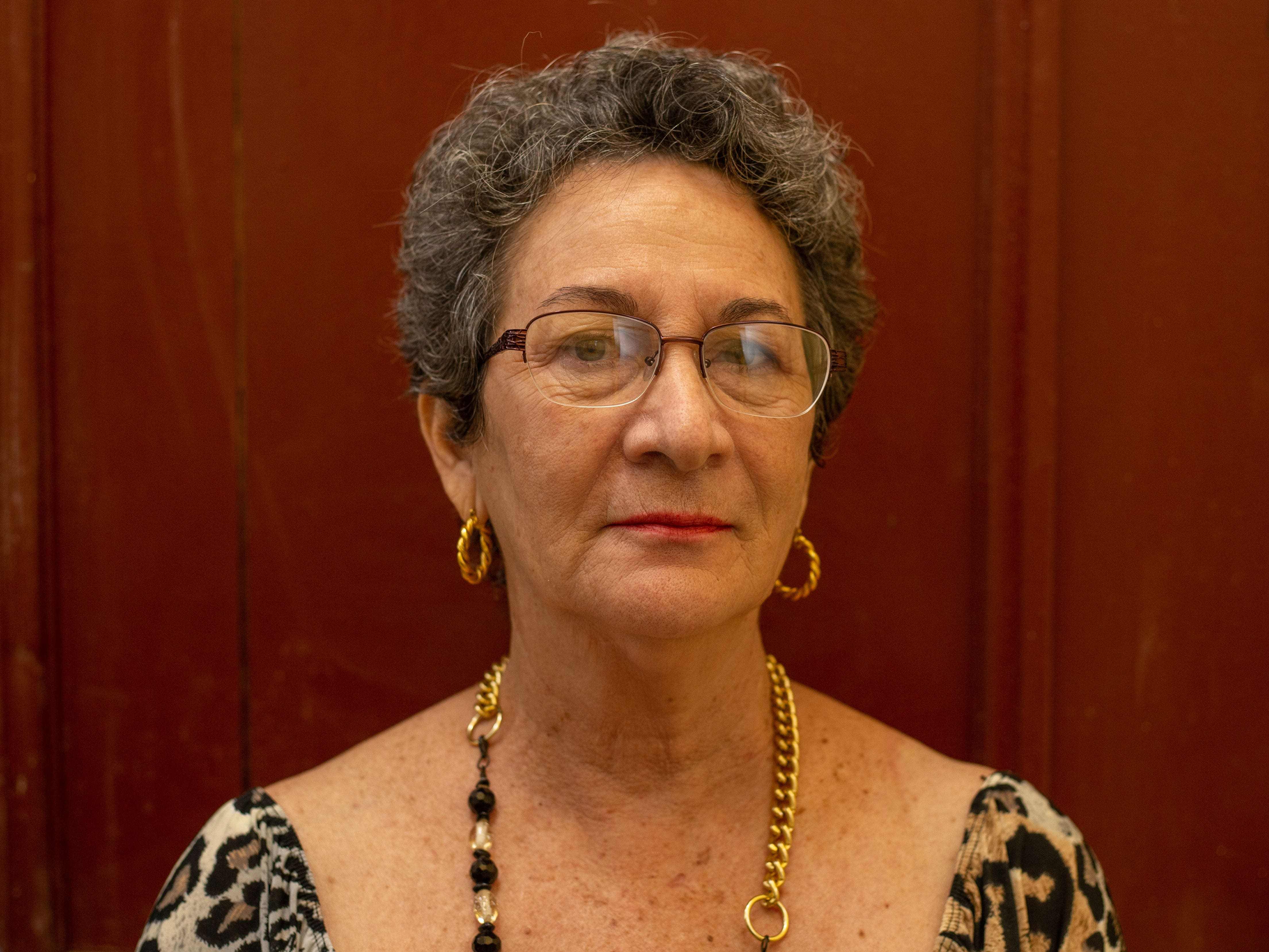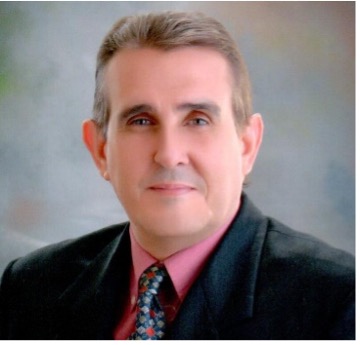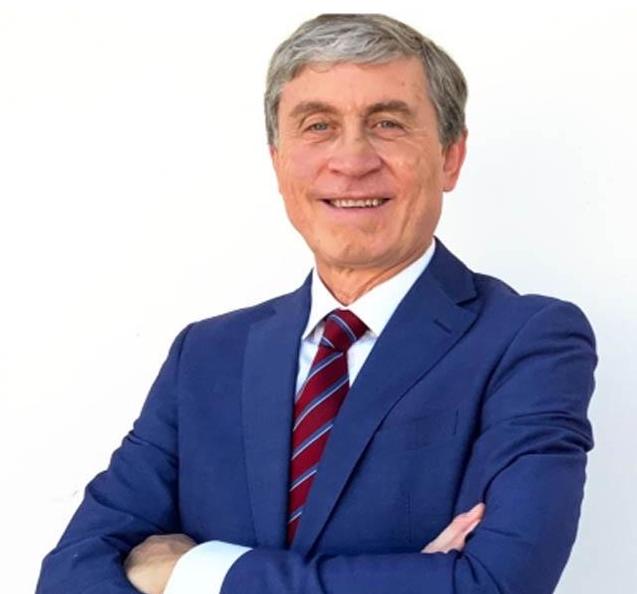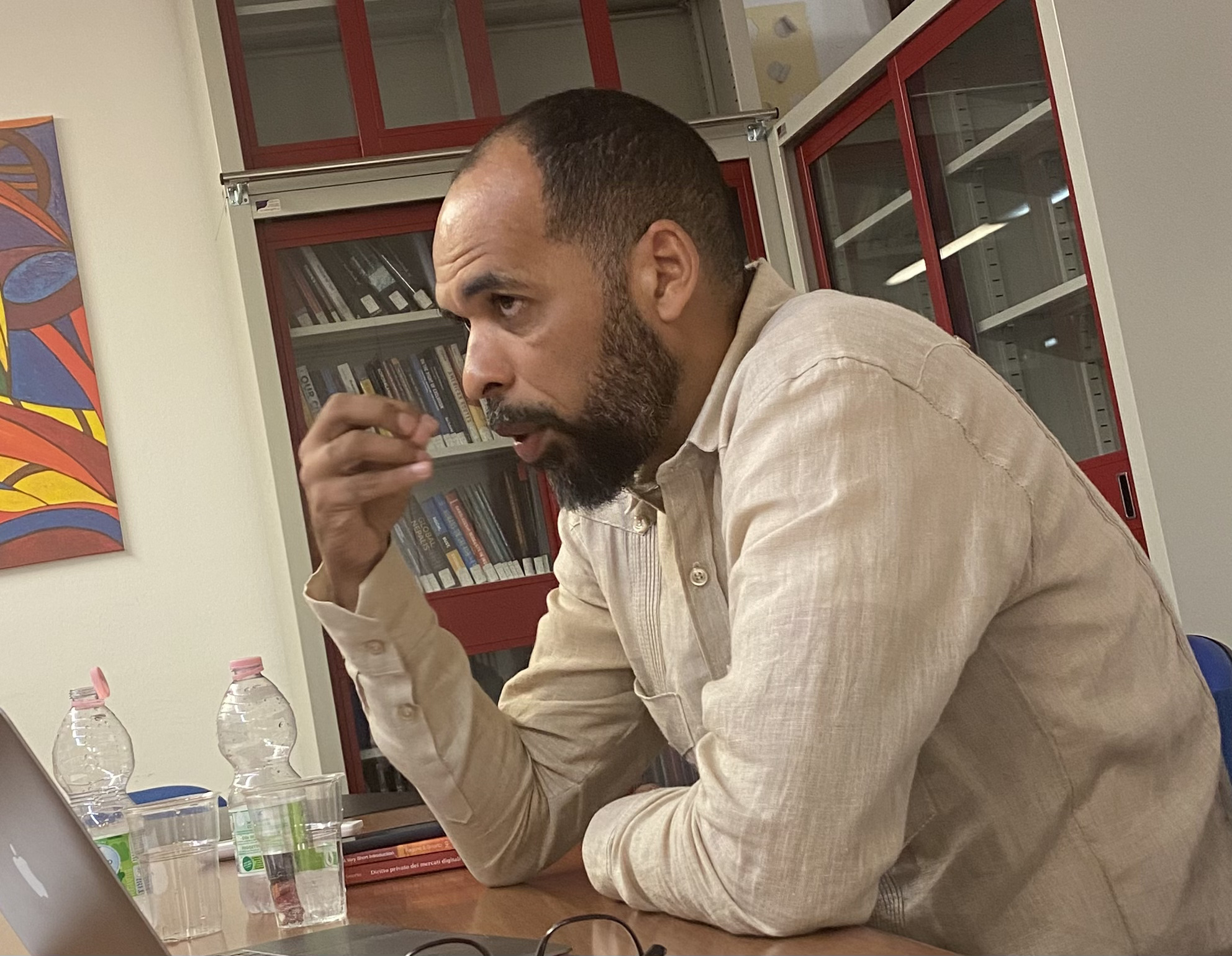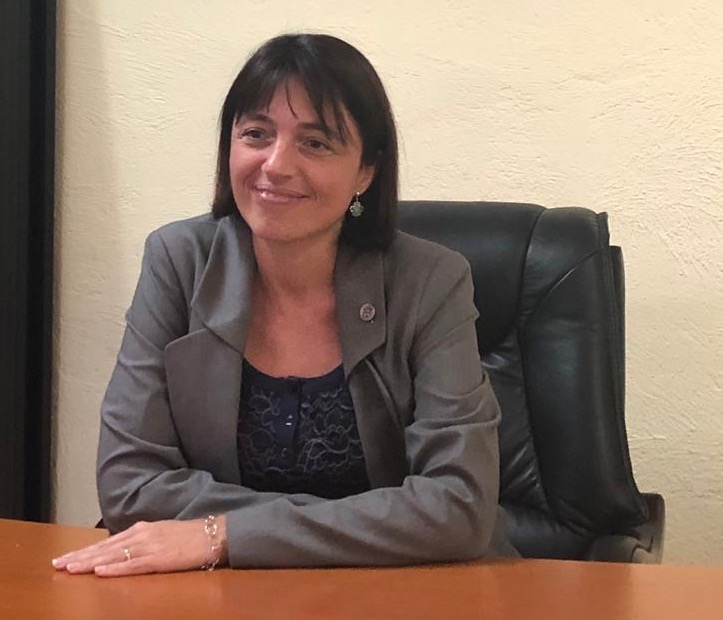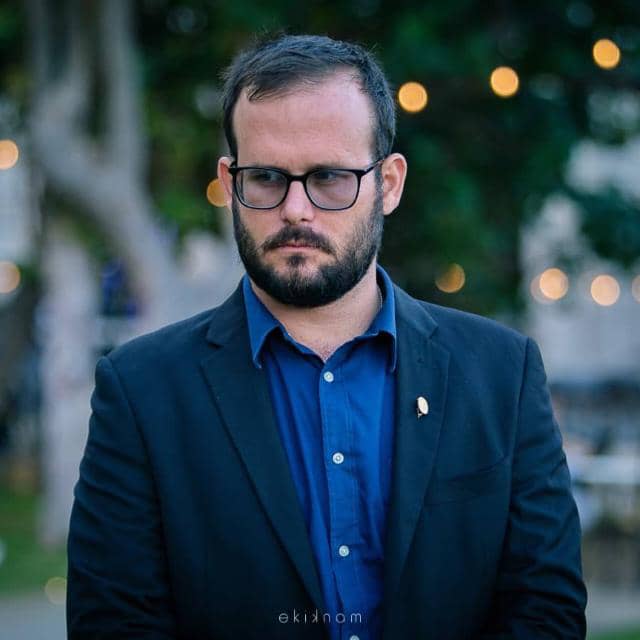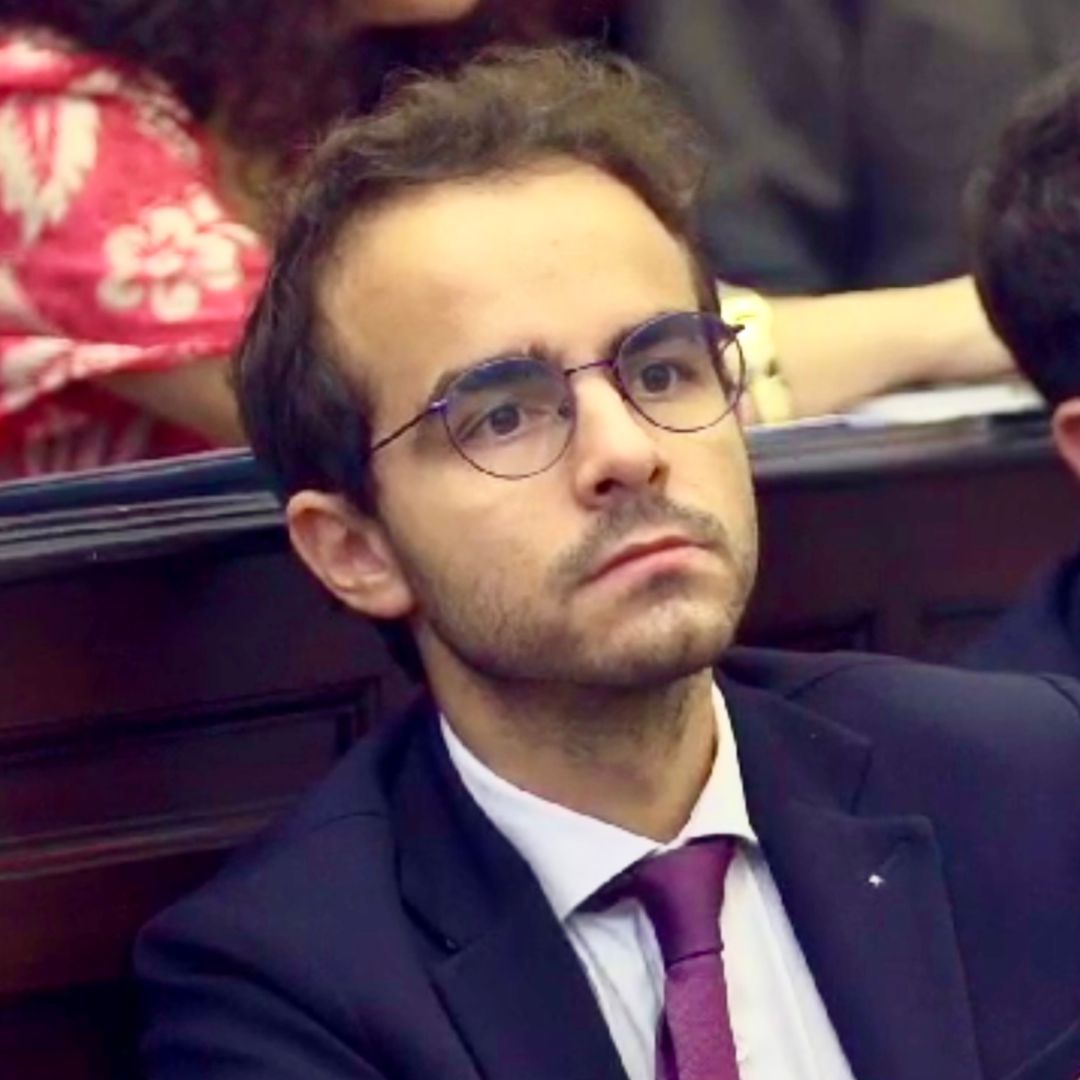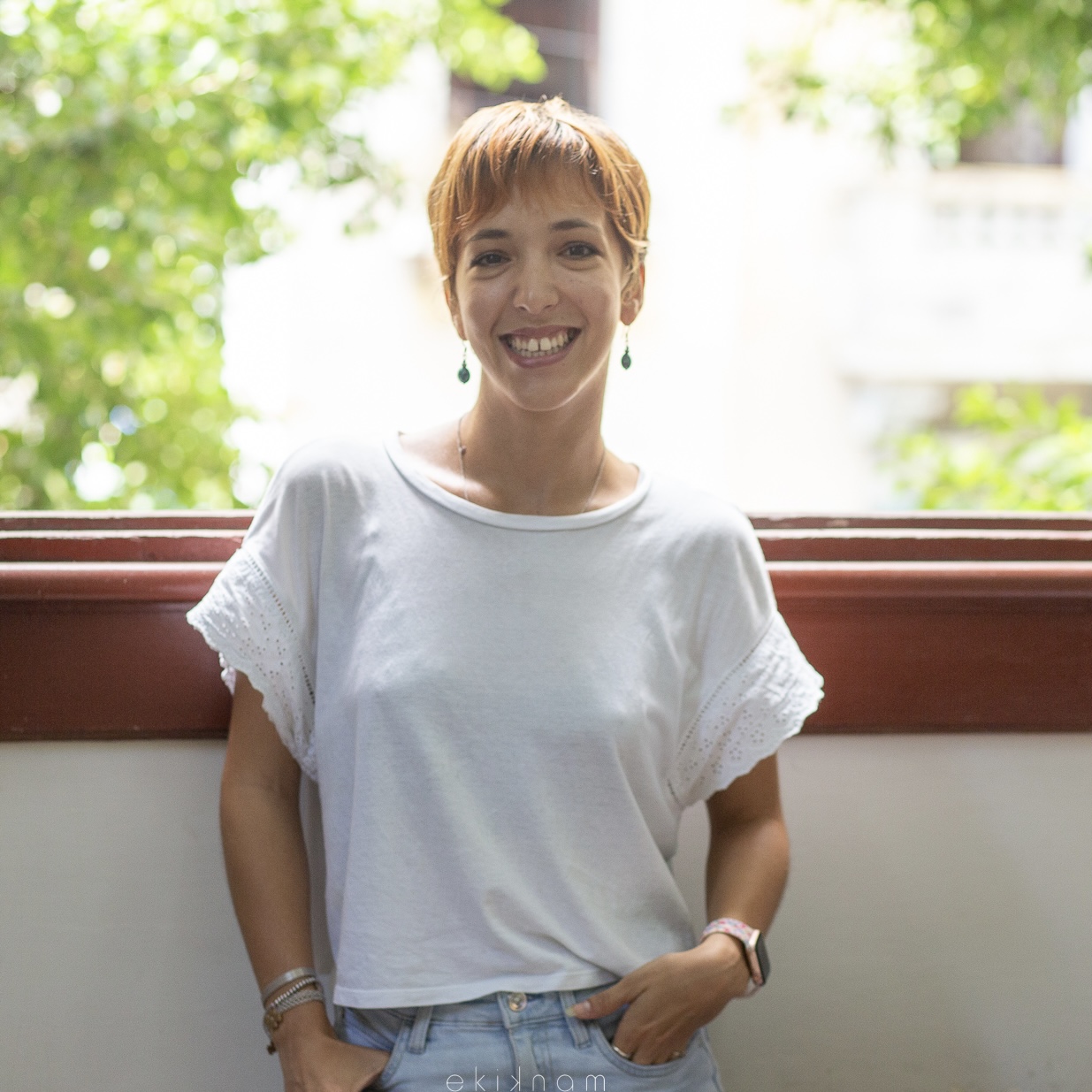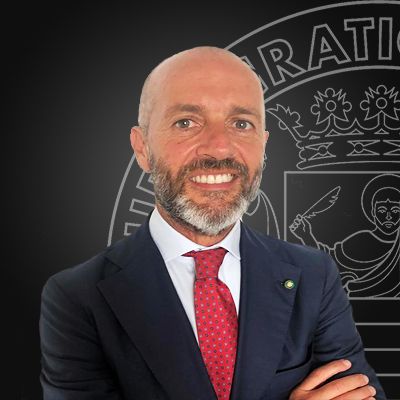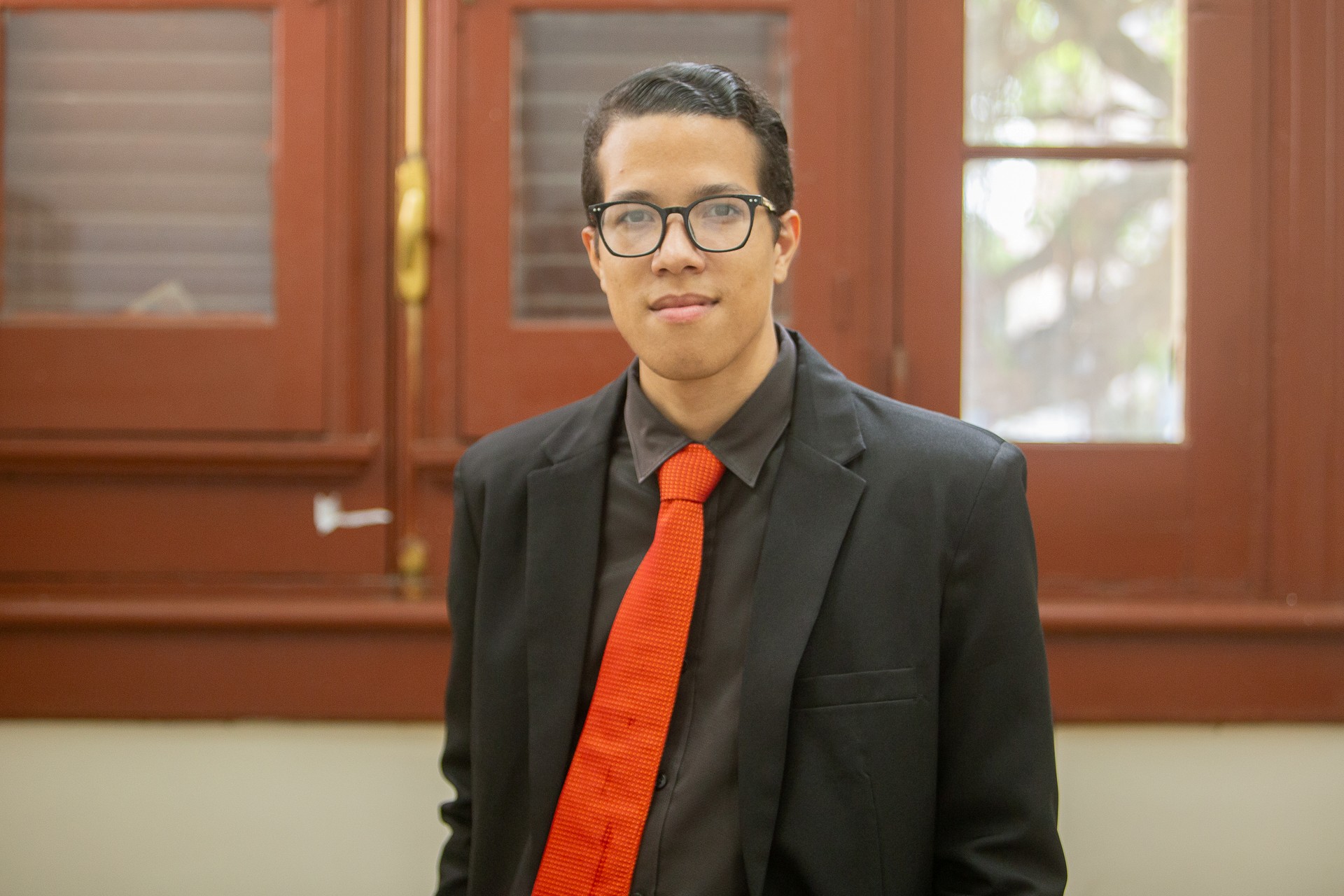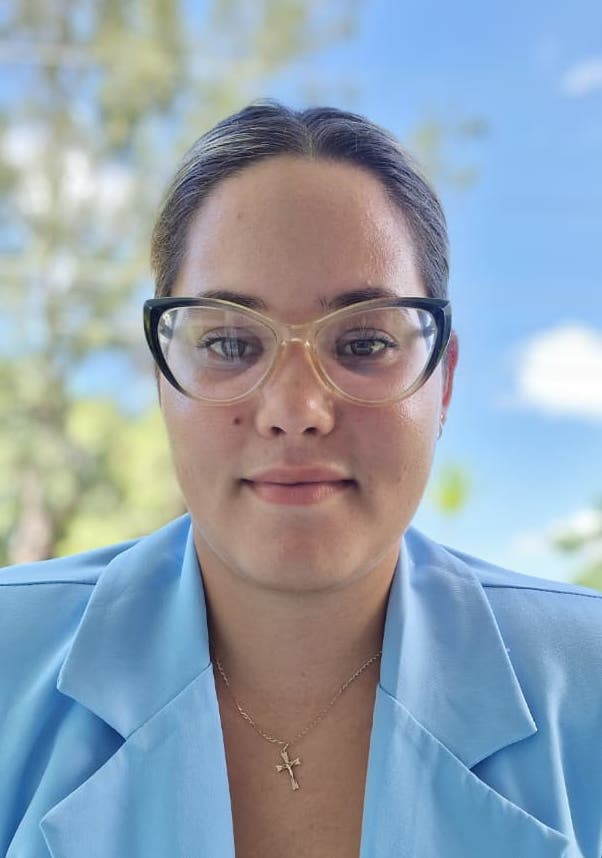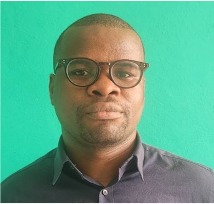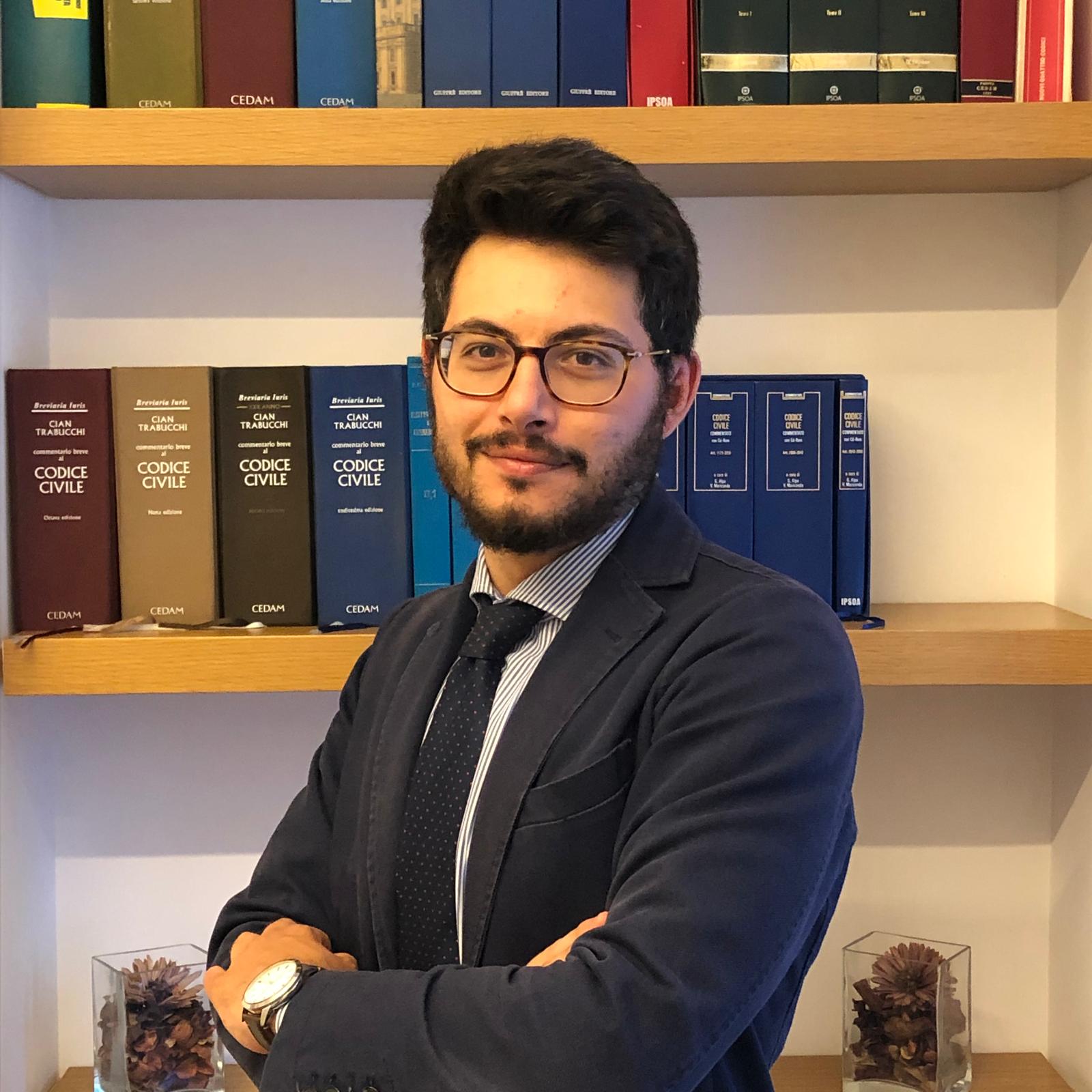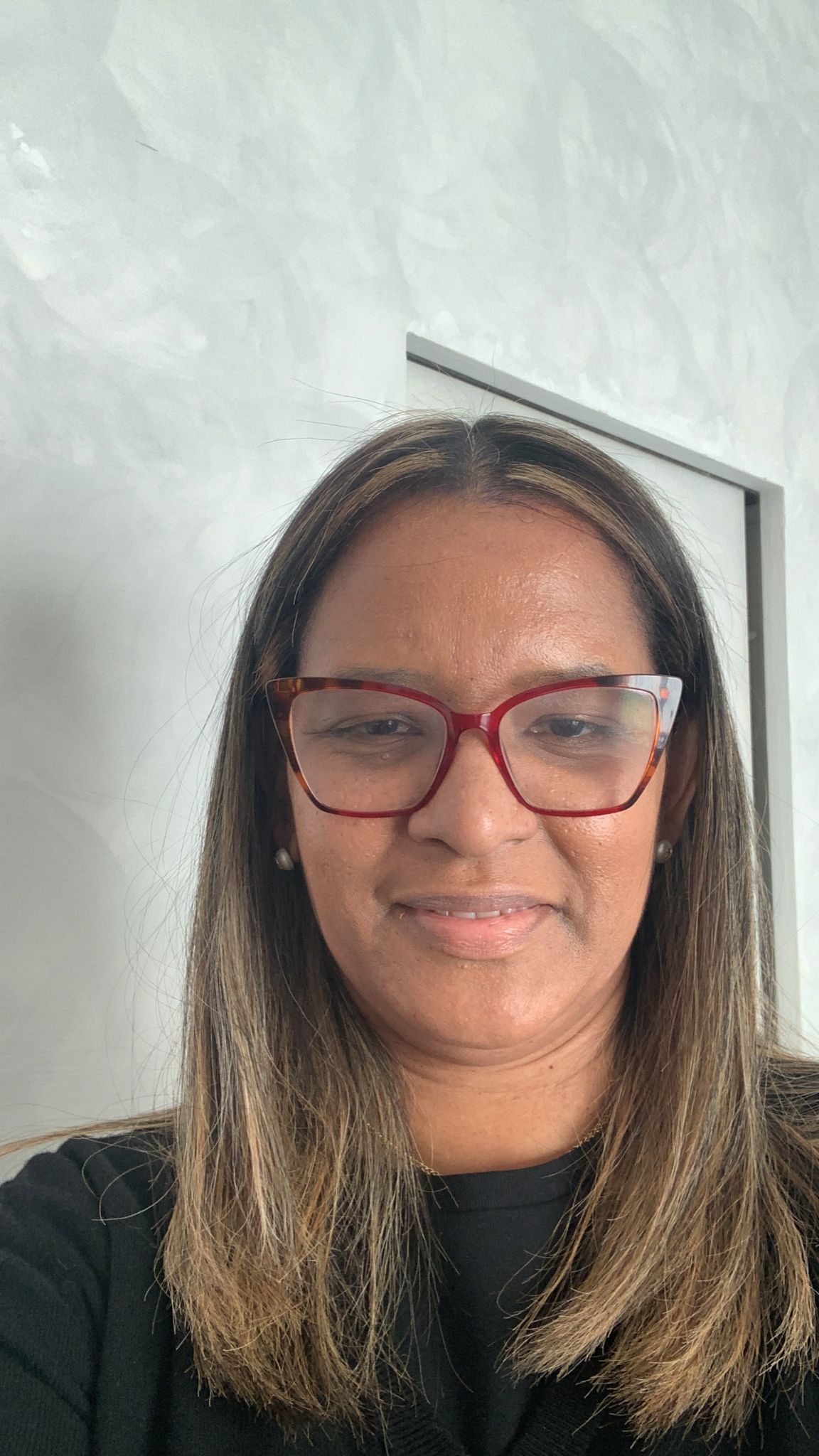The Congress
"Cuba CON-PARA": II International Congress of Comparative and Constitutional Law
The science of comparative law is a dynamic and essential field for understanding legal complexities in a globalized world. In this context, we are pleased to invite you to the 2nd International Congress on Comparative and Constitutional Law, "Cuba CON-PARA 2026", to be held in Havana from February 3 to 6, 2026, at its traditional venue, the Hotel Nacional de Cuba.
This second edition builds on the success of the first, held in April 2023, and draws from its positive experiences. As such, it expands its scope to include private law, always from a comparative perspective. Cuba CON-PARA 2026 offers a space for academic dialogue, knowledge exchange, and critical reflection on the most pressing challenges of contemporary constitutionalism. It also aims to establish itself as a pluralistic and transdisciplinary forum in Cuba, where professors, researchers, students, and professionals in Law and Political Science from around the world can engage in discussions across seven key thematic sessions. These include updates on forms of state, the challenges of the welfare state, and new legal paradigms surrounding the human and post-human. As part of the congress, a commemorative session will be dedicated to the 50th anniversary of Cuba’s first socialist Constitution of 1976.
The congress will feature keynote lectures and selected presentations, which must be delivered in person. Sessions will also be available via streaming, ensuring participation for those unable to attend physically. Accepted languages for contributions are Spanish, English, and Italian.
The congress is organized by the Faculty of Law at the University of Havana, with support from prestigious academic institutions in Europe and Latin America. It will be an exceptional opportunity to enrich legal debate, foster collaboration, and enjoy the culture and hospitality of Havana and its people.
We look forward to your valuable presence and contribution to make "Cuba CON-PARA 2026" a landmark event in the study of constitutional and comparative law.
Warm regards,
Dr. C. Yan Guzman Hernández & Dr. C. Silvia Bagni
Coordinators of Cuba CON-PARA 2026
Working sessions
The congress has been structured into seven working sessions covering the most important areas of constitutional interest. They aim to focus on problems or profiles that have not yet been debated or that require a broader scope of interpretation, thereby positioning the congress within a critical pluriverse, with new creative energies.
Session 1 – Key Elements for Updating the Classification of State Forms
Cuba’s 2019 Constitution defines in Article 1 the form of the state as “socialist based on law and social justice.” However, neither doctrine nor jurisprudence has significantly clarified the meaning and necessary content of this new formula. The definition potentially introduces innovation within the socialist model, which today lacks substance and appears far from the original ideals of socialism.Beyond socialist state forms, recent waves of constitutionalism also emphasize defining the form of the state. For example, Ecuador’s Constitution refers to the state as “constitutional based on rights and justice,” using “rights” in plural—highlighted by both doctrine and case law as a significant evolution in state form.
Discussion Topics: - Do traditional state categories still explain contemporary constitutional phenomena? - Is it time to update classifications with new defining elements? - What role do constitutional self-definitions play? - In comparative perspective, how do we reconcile formal and material constitutions in defining state forms? - Can current models account for the distinct ways institutions circulate between countries?
Session 2 – Cryptotypes and Non-Traditional Formants in Defining the Legal Phenomenon
Rodolfo Sacco’s notions of "cryptotypes" and "formants" have enabled comparative law to become an autonomous discipline, illuminating the legal pluralism found worldwide.Comparative lawyers often work with normative variables rooted in widely varying legal and extra-legal contexts. Still, they may remain trapped in Western legal culture frameworks. Modern complexity has elevated less-considered formants—economic, scientific-technological, and military.
In socialist traditions like Cuba’s, the ideological-political formant is key to understanding legal systems. Yet other crucial formants—such as the U.S. embargo or migration laws—have received little doctrinal attention despite their significant impact, as in Venezuela. Other examples include: - environmental law, Western science, and Indigenous scientific thought; - international commercial law and the economic formant; - self-determination and diplomatic/military formants; - media influence in the context of coups.
Guiding Questions: - Which formants covertly shape legal phenomena in today’s world?
Session 3 – Rethinking the Welfare State in Light of Economic-Social Rights Failures and Setbacks
Economic and social inequality continues to grow. None of the Sustainable Development Goals have been met, making 20th-century welfare state ideals elusive. Recent doctrinal focus on “new rights” contrasts with continued demand for basic first- and second-generation rights.Some European countries’ policies on migrant rejection and externalization—apparently supported by the EU—violate the revolutionary principle of fraternity and constitutional obligations of solidarity.
Discussion Topics: - Is it viable to speak of a State governed by law or a welfare state if labor rights are unprotected? - Can war-driven fiscal and budgetary policies coexist with solidarity-based economies?
- Are basic service privatizations compatible with constitutional states? - Do property rights still face functional limits enforced by the state and market?
- How should the "right to care"—as proposed in Chile’s constitutional draft—be defined in constitutional and private law?
Session 4 – Beyond Legal Personhood: Human, Non-Human, Transhuman, and Posthuman
Technology’s rapid development challenges law and legal scholars. Concepts like legal personhood, personality rights, freedom of expression, and privacy must be revisited in light of Artificial Intelligence (AI). AI also affects governance—via e-government or smart cities.There’s an urgent need to broaden the concept of the rights-holding subject to address intergenerational and interspecies justice amid climate, energy, and ecological crises.
Guiding Questions: - How far can we go in recognizing new rights-holders? - What principles justify expanding the definition (sentient beings, embodied entities, those who feel pain)? - How do legal traditions influence constructing new legal subjects?
- How flexible is the idea of subjective rights? - What limits should be placed on the use and development of emerging technologies?
Session 5 – The Legacy of Roman Private Law and European Codes in Latin American Legal Systems Within the Globalized Economy
Roman law arrived in Latin America and the Caribbean with European colonizers, who used it to justify the subjugation of Indigenous peoples—whose classification as part of the human species created by the Christian God was hotly debated among scholars in Salamanca. Thus began a process of legal transplantation, although the early Laws of the Indies allowed Indigenous communities to retain their own customs. During the independence period, this phenomenon gained strength with the influence of 19th-century civil codes that circulated across the Americas. These codes were adopted as models by Creole jurists to develop the “new” legal systems of the newly independent countries. Their adoption also meant embracing liberal European principles and concepts, often without the accompanying social and economic conditions. As a result, key institutions—such as contract law, administrative law, and civil procedural law—frequently malfunctioned, failing to protect legal relations that differed substantially from their European counterparts.Core Questions: - Could this help explain the degeneration of liberal democracy in the region and the rise of populist systems in both public and private spheres—such as the cases of Jair Bolsonaro in Brazil or Javier Milei in Argentina? - How did the Chilean "Chicago Boys" experiment become a template for neoliberal economic models across Latin America?
Session 6 – The Actors in Constructing a Just Society: Legislators and Judges Between Cooperation and Conflict
The “juristocracy” described by Ran Hirschl, alongside the spread of neo-constitutional ideas, sparked decades of critical debate in the West about judicial roles and activism.In countries where democracy remains fragile or is affected by corruption—common in many Global South jurisdictions—the judge’s role is essential for the constitutionalization and axiologization of the legal system from the Constitution itself. This represents a major challenge for legal practitioners.
Exploratory Topics: - Nearly a century after the publication of John Rawls' A Theory of Justice, what instruments and arguments define the relationship between judge and legislator in a balanced, coherent rule-of-law system? - How should judicial reform proposals, such as Mexico’s recent initiative to directly elect judges by popular vote, be evaluated from a comparative law perspective?

